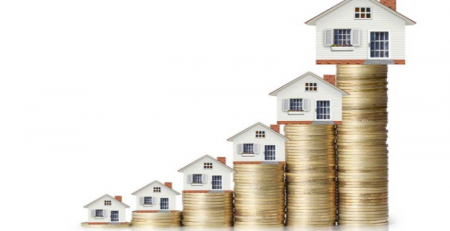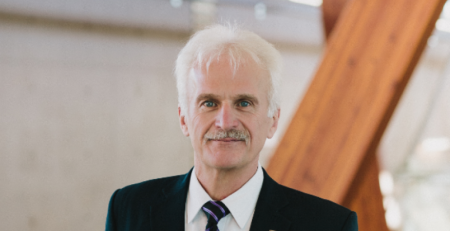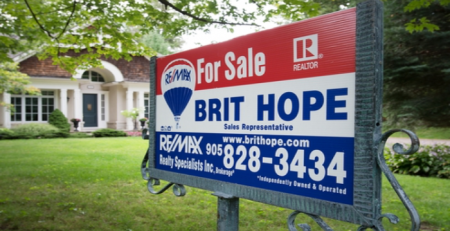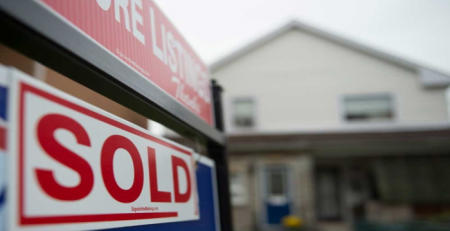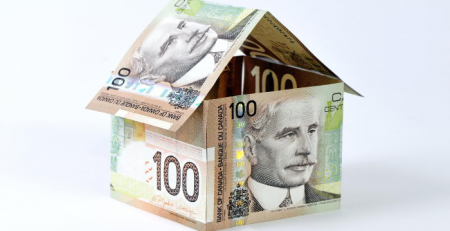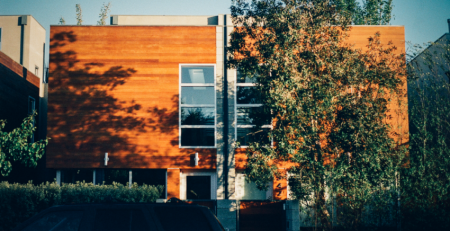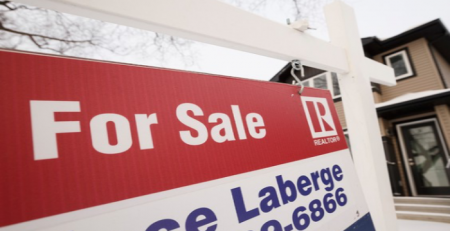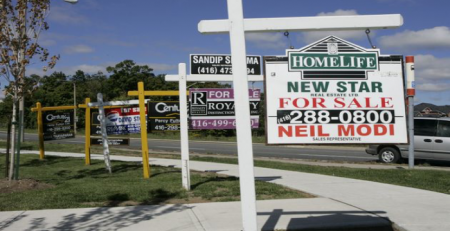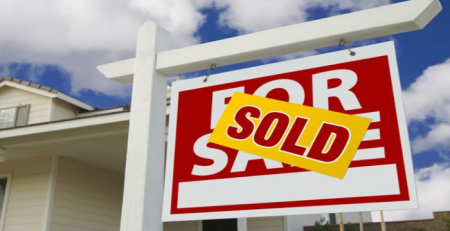First-time Home Buyers Face Stressful Economics
Source: [The Star, November 15, 2016]
RBC hikes rates a day after province offers tax refund to new buyers.
First-time buyers in Toronto’s hot property market must be wondering when they will catch a break. A second major bank announced Tuesday it was raising its mortgage rates — a day after the province introduced a tax refund designed to help first timers step on to the property ladder.
Although the two events are unrelated and mortgage rates remain extremely low overall, housing experts agree the economic environment is stressful for house hunters.
The Royal Bank said Tuesday it’s raising its special offer for a five-year fixed rate mortgage to 2.94 per cent, an increase of 30 basis points. Effective Thursday, the lender is also raising its rates on some other mortgages.
RBC’s announcement comes about two weeks after TD raised its mortgage prime rate to 2.85 per cent from 2.7 per cent.
The Royal Bank increase is tied to turmoil in the bond markets following the U.S. election. It’s not clear if the bond market has bottomed out or if rates will come back down, said mortgage agent Jason Friesen of Verico Premiere Mortgage Centre.
“It’s going to be a bit touch-and-go. Even economists could not have seen any of this run-up on bonds until after November 8th when Trump was announced the winner,” he said.
Meanwhile, the provincial plan to double the refund on the land transfer tax — from $2,000 to $4,000 on the price of a home over $368,000 — was designed to make buying more affordable. It is expected to make the most difference outside the super-heated Toronto area market.
On a Toronto home priced at $800,000, the land transfer tax — provincial and city combined — would come down from $24,200 for a first-time buyer to $16,475, said Friesen.
But that buyer would also need a bigger down payment. Instead of coming up with a minimum 5 per cent down, the consumer would have to put 5 per cent on the first $500,000 and 10 per cent down on anything above that.
Five per cent on an $800,000 place would have been $40,000, but under the tougher new mortgage rules, the minimum down payment would be $55,000.
“So any additional money saved with the land transfer taxes can help make it that much easier to qualify,” said Friesen.
Every little bit helps when you’re trying to buy that first home. But the land transfer tax refund won’t help first-time buyers manage their monthly cash flow after their purchase, said Bill Whyte, senior vice-president at Meridian Credit Union.
“(The province) should think about reducing things like electrical bills for the first couple of years; or residential home taxes, so each month (home buyers) actually have some cash flow to either do some savings or expenses,” he said.
Nonetheless, mortgage rates remain extremely low — under 3 per cent — even with the new bank rates, said Whyte.
Even first-time buyers, who are forced to take longer amortization periods, “can do it because of the low-interest rate requirement,” he said.
First-time buyers shouldn’t look to the city to match the province’s move, said Councillor Gary Crawford, who chairs the city’s budget committee.
“There are no plans at this time for the city to do any type of reduction in the municipal land transfer tax,” he said in an email.
In Toronto, first-time home buyers don’t pay the municipal land transfer tax on homes that cost $400,000 or less. On homes priced over $400,000, there is a 2 per cent land transfer fee but first-time consumers qualify for a $3,725 rebate.
The average Toronto home price rose to $770,480 in October, including single-family houses and condos. A detached home in Toronto was about $1.3 million.
Toronto-area realtors were skeptical that the higher tax refunds would make much difference to buyers looking to own the Canadian dream of three bedrooms and a yard.
But it could mean more in the hot and increasingly competitive condo market, said Chris Cansick of Bosley Real Estate.
“If they’re looking at the one-bedroom, one-bathroom, that tax bill is going to be a lot lower and that $2,000 is going to represent a much larger portion of their tax bill,” said Cansick.
The government has to be careful, he said, “not to put first-time buyers in a position where they’re going to over-leverage and add to this so-called bubble, which makes the overall economy more volatile.”
Blair Mackey, an Oakville-based Royal LePage agent, called the province’s move “a token gesture that won’t make very much difference — certainly not in the hot markets in the Toronto area.”
The provincial Liberal government estimates that half of Ontario first-time buyers won’t have to pay any land transfer tax under the new rules.
According to a report Tuesday from the Canadian Real Estate Association (CREA), the hot Toronto-area housing market helped the number of homes sold across the country last month reach a record. There were 42,473 residential properties sold in October, up 2 per cent year-over-year, it said.
The actual national average price for a home sold in October was $481,994, up 5.9 per cent compared with a year ago.
Excluding Greater Vancouver and Greater Toronto, the average price was $361,012. Price gains in Greater Toronto averaged over 19 per cent, compared with the same period last year.
Files from Canadian Press


